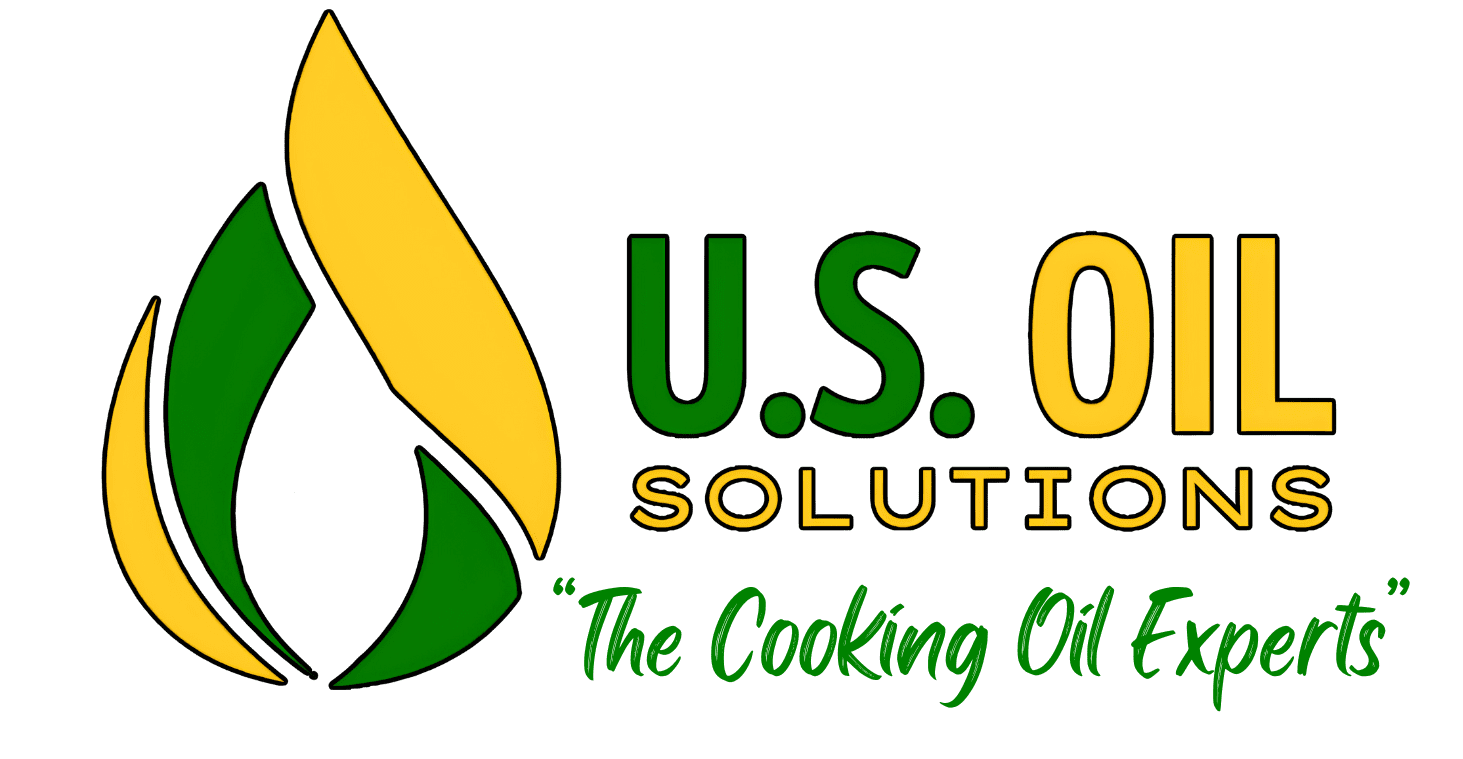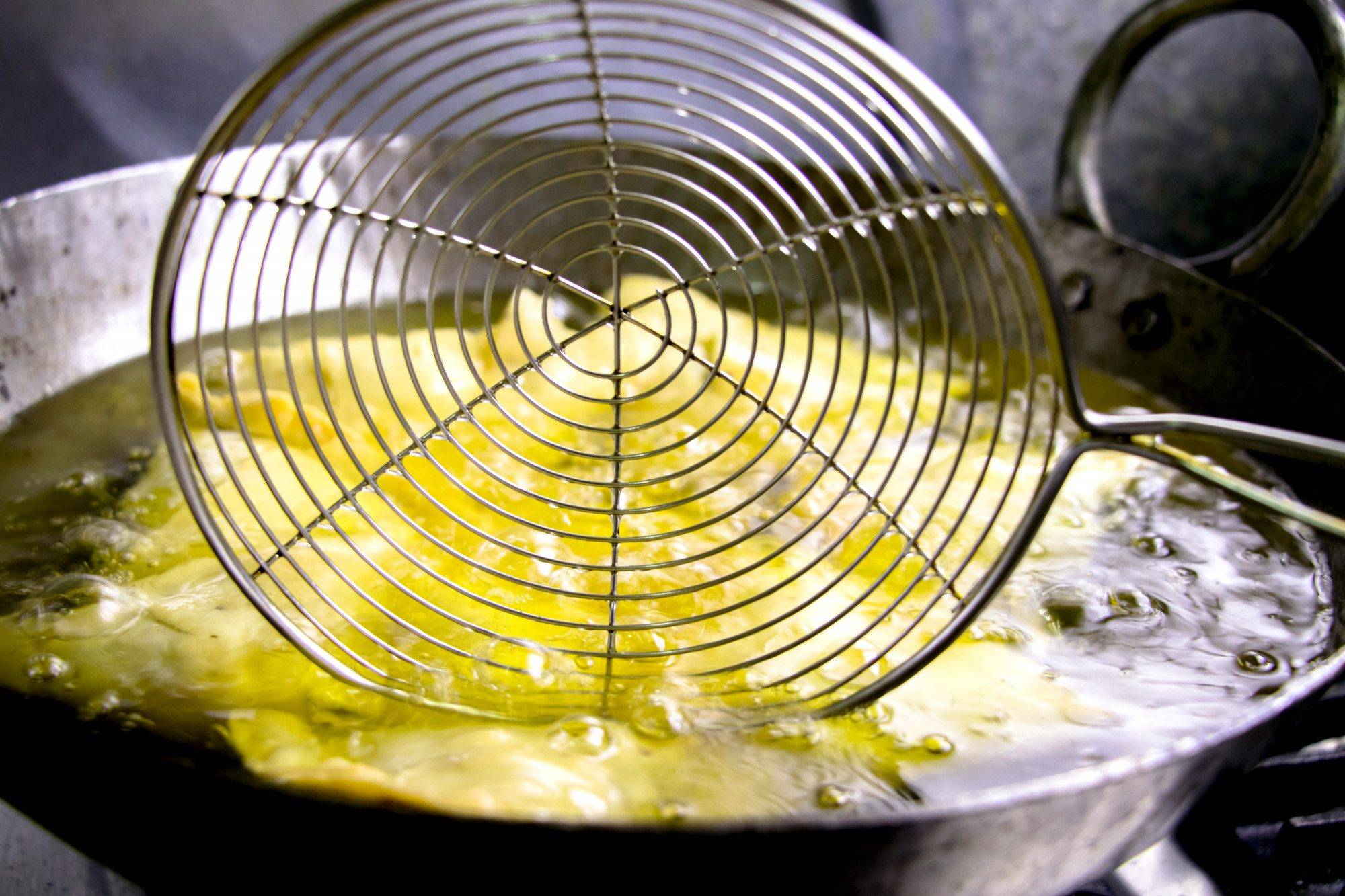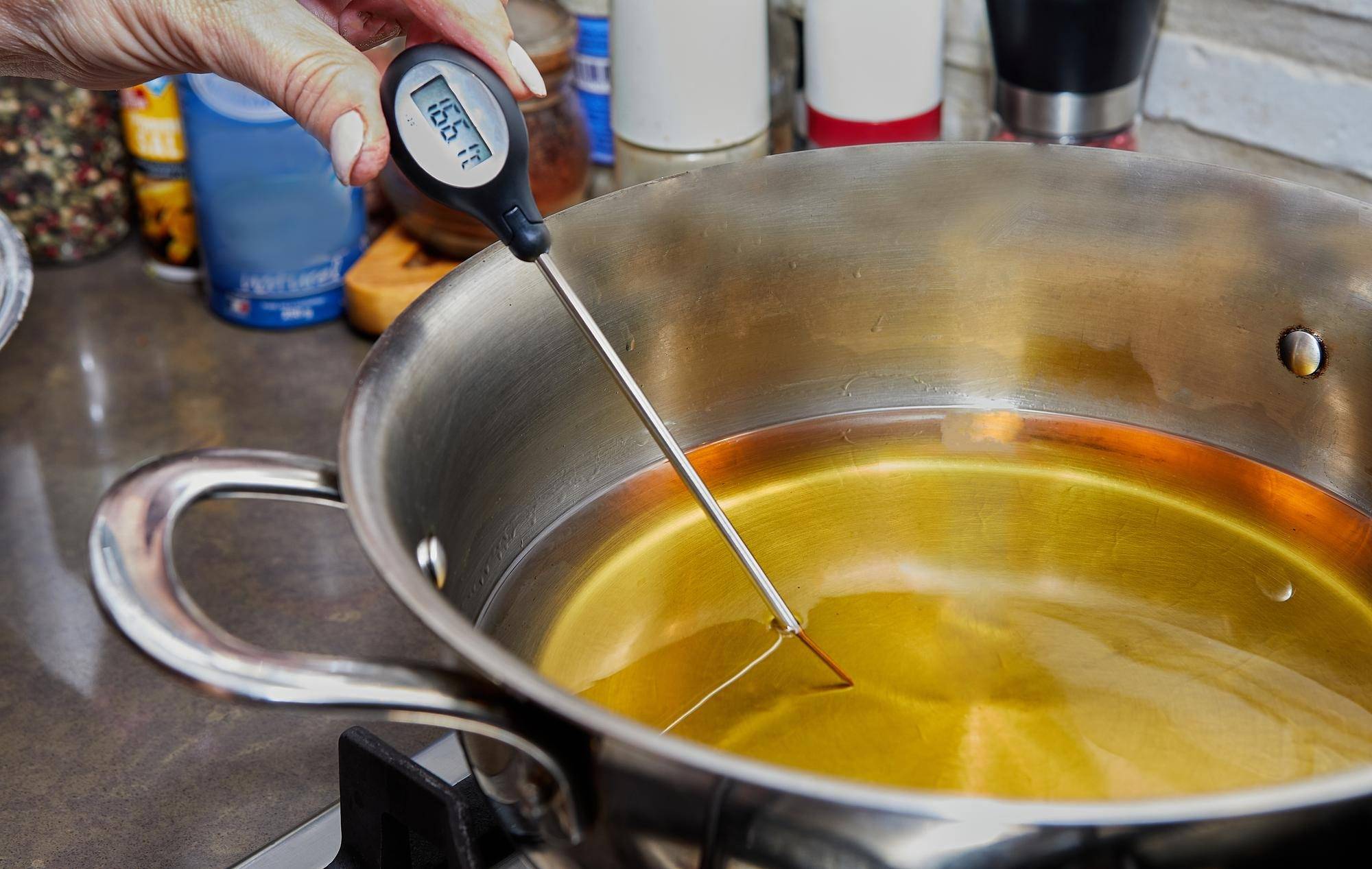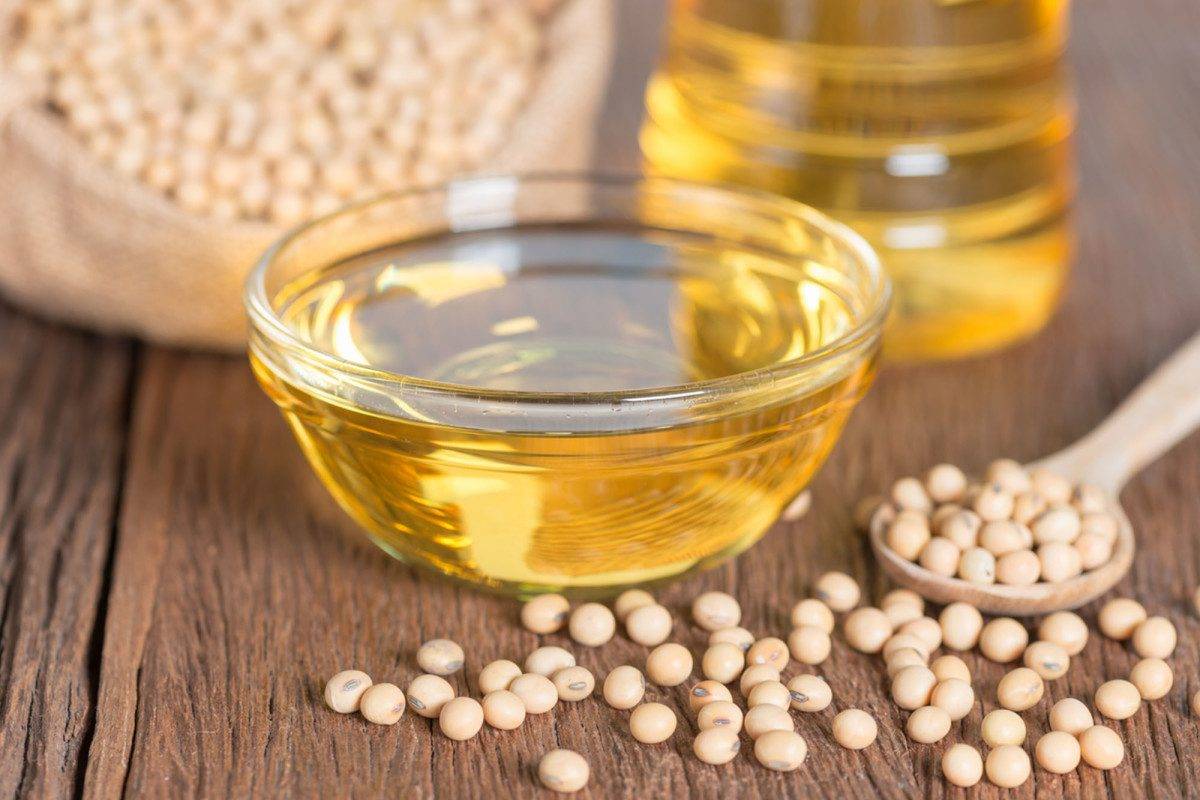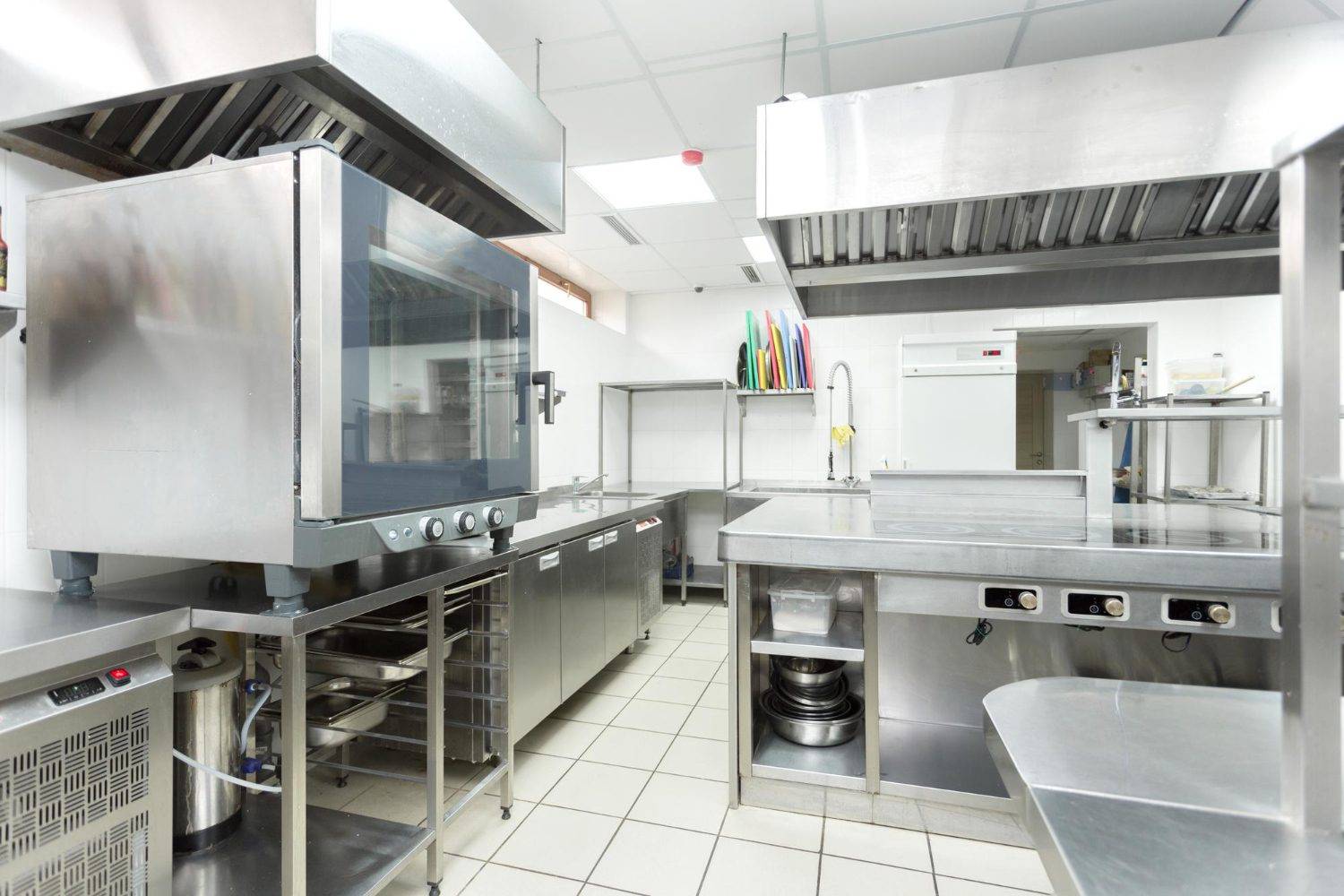Enhancing Fryer Oil Lifespan: Key to Culinary Excellence in Las Vegas
In the vibrant culinary landscape of Las Vegas, managing the lifespan of fryer oil goes beyond kitchen logistics—it’s crucial for achieving culinary excellence and boosting operational efficiency. The role of fryer oil is critical in determining the flavor and texture of fried food, yet it faces the challenge of rapid degradation.
Brought to you by U.S. Oil Solutions, this article sheds light on the advantages of prolonging the life of fryer oil and delivers key strategies for chefs and restaurateurs in Las Vegas.
Implementing these strategies allows establishments to deliver consistently high-quality and flavorful fried dishes, distinguishing them in a fiercely competitive environment. Furthermore, effective management of fryer oil not only translates to considerable cost reductions by minimizing waste but also advances sustainability practices.
With the support and expertise of U.S. Oil Solutions, culinary professionals and business owners are equipped to enhance their food offerings while upholding financial and environmental responsibility.
The Advantages of Extending Fryer Oil Lifespan
Cost Efficiency: Extending oil life means reduced expenses on fresh oil, a significant advantage, especially for high-volume Las Vegas establishments. Regular maintenance and filtration allow for multiple uses of the same oil batch, leading to notable savings, thereby providing a financial cushion that can be redirected towards other areas of the business, enhancing overall efficiency and profitability.
Enhanced Food Quality: Fresh oil is synonymous with superior taste and consistency in fried foods; preventing the rapid breakdown of oil ensures that the culinary quality remains high, which is crucial for customer satisfaction and repeat business, cementing your establishment’s reputation for excellence in a competitive dining market.
Environmental Responsibility: Frequent oil disposal raises environmental concerns; by maximizing oil use, restaurants can reduce their ecological footprint and navigate the complexities and costs of oil disposal regulations, contributing to a more sustainable industry practice and aligning with broader environmental goals.
Consistent Cooking Temperatures: Older oil can struggle to maintain steady temperatures, resulting in uneven cooking; proper oil management ensures uniform heat distribution, which is crucial for culinary consistency and the delivery of uniformly cooked, high-quality dishes to your customers.
Fryer Longevity: Regular oil filtering can prolong the life of the fryer itself, preventing the build-up of harmful residues and extending the equipment’s operational life, thereby saving restaurants significant costs in maintenance and replacements over time.
Best Practices for Extending the Lifespan of Fryer Oil
Daily Filtration: Implement a routine using a commercial-grade filtration system to remove food particles and impurities from the oil, maintaining its quality and ensuring that the flavors of fried foods remain pure and uncontaminated, enhancing the dining experience.
Proper Storage: Store fryer oil in a cool, dark place in a clean, airtight container to protect it from degradation, maximizing its lifespan and preserving the quality of your fried dishes.
Temperature Management: Use a thermometer to regularly monitor and adjust the frying temperature, preventing the oil from overheating, which helps maintain its integrity and ensures optimal cooking results.
Minimize Moisture: Ensure that food is dry before frying to reduce moisture content, which accelerates oil degradation and can adversely affect the oil’s longevity and the quality of the fried food.
Regular Skimming: Remove debris from the oil surface to prevent contamination and extend oil life, maintaining a cleaner frying environment and ensuring the consistency of the food’s taste and quality.
Separate Frying: Use different fryers for varying food types to avoid cross-contamination and flavor transfer, preserving the distinct taste profiles of each dish and enhancing the overall culinary experience.
Quality Testing: Regularly check oil quality with test strips and replace it once it shows significant degradation, ensuring that the food’s flavor and safety standards are consistently maintained.
Conclusion: Elevating Las Vegas’s Frying Standards
By prioritizing the lifespan of fryer oil, Las Vegas restaurants can enjoy cost savings, consistent food quality, and eco-friendly operations. These best practices, coupled with quality products from U.S. Oil Solutions, empower your chefs to deliver outstanding fried dishes while optimizing kitchen efficiency.
Integrating these strategies into daily operations not only boosts the bottom line but also contributes to a more sustainable culinary environment. Regular maintenance, proper storage, and diligent monitoring of oil quality play pivotal roles in achieving these goals.
Remember these tips to transform your frying process and elevate your culinary offerings, ensuring that each meal served is a testament to the high standards and commitment to excellence that define the Las Vegas dining experience. This holistic approach to fryer oil management will set your establishment apart, attracting both new and loyal patrons who value quality and sustainability.
